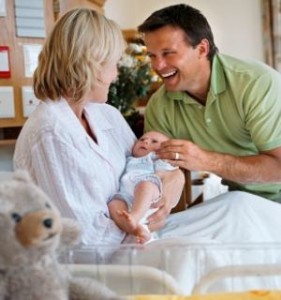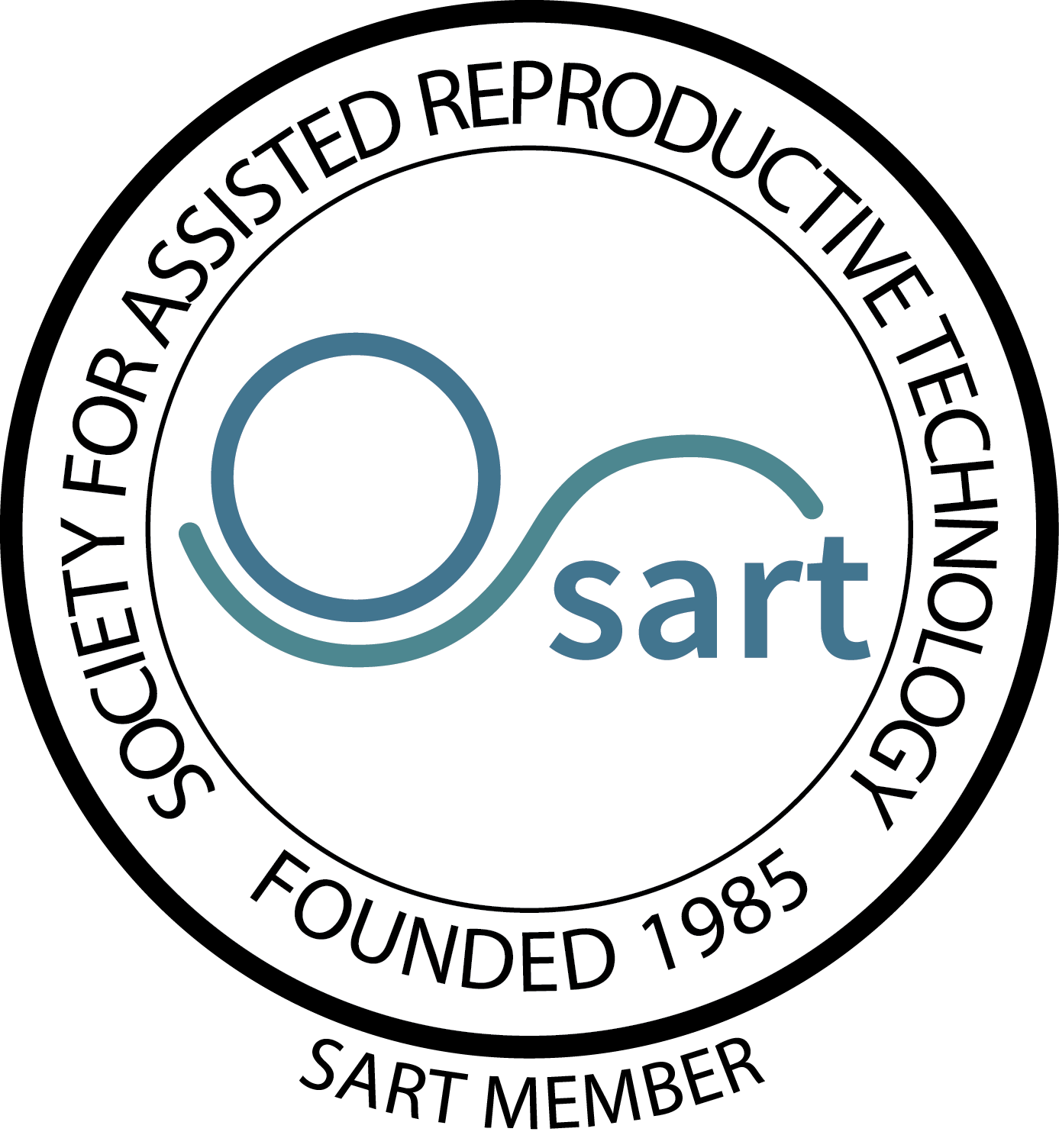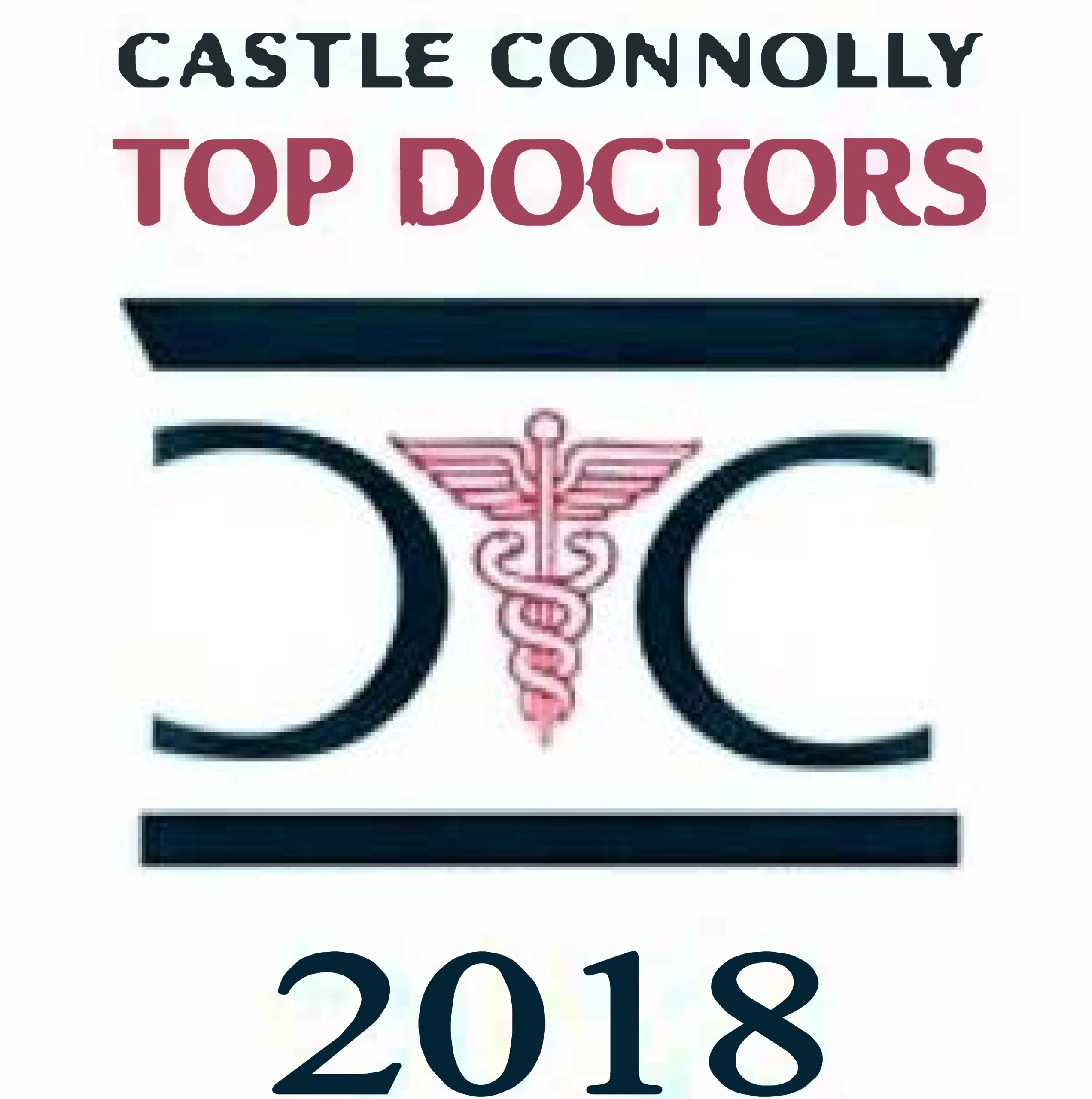 Many women delay pregnancy well into their 30s and beyond — and still go on to deliver healthy babies. But the “biological clock” is a fact of life, and after age 35 it’s important to understand how age affects fertility if you’re hoping to get pregnant.
Many women delay pregnancy well into their 30s and beyond — and still go on to deliver healthy babies. But the “biological clock” is a fact of life, and after age 35 it’s important to understand how age affects fertility if you’re hoping to get pregnant.
– It may take longer to get pregnant
Fertility will peak for most women in their 20s and then gradually begins to decline. Around age 35, fertility starts to decline at a much more rapid rate. For example, in any given month, your chances of getting pregnant at age 30 are about 20%. At age 40, however, your chances of getting pregnant in any given month drop to 5%.
– There’s a decrease in fertility as you get older
So why do women experience a decrease in fertility with increased maternal age? One reason is that there are fewer eggs available each month as women get older. The other (and probably most important) factor is that the chances for genetic imbalances in embryos go up dramatically after the age of 35 and is very high after the age of 40. For many women, embryos may be produced but degenerate before they implant in the uterus if they are genetically abnormal. In these instances, women never know that the embryo existed. Alternatively, a genetically abnormal pregnancy may ultimately end in miscarriage. This explains the increased rate of miscarriage and other genetic-related problems, such as Down’s Syndrome, in older women.
– Fertility treatments can help, but age still matters
Fortunately, fertility treatments offered by the physicians at Fertility Associates of Memphis can help “balance the odds” in some women. Although pregnancy rates continue to decline with advancing maternal age, even with in vitro fertilization, such technologies offer a dramatic increase in the likelihood of success compared to intercourse alone. However, even the most aggressive treatments will not work for all patients. In cases where treatment has not worked or in patients with very poor likelihood of success, achieving pregnancy using donor eggs, the husband’s sperm, and the wife’s uterus to carry the pregnancy are extremely successful.
If you are over 35 and haven’t conceived after six months of trying, it may be time to schedule an appointment with Fertility Associates of Memphis. Contact our office at 901-747-2229 to discuss the possibility of fertility testing. Working with a fertility specialist can help pinpoint possible fertility issues and offer treatments that can maximize your chances of having a baby.









Comments are closed.